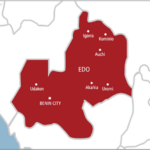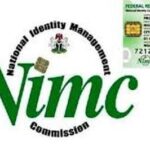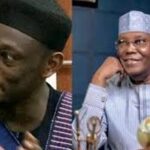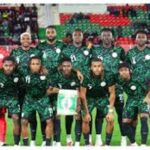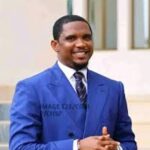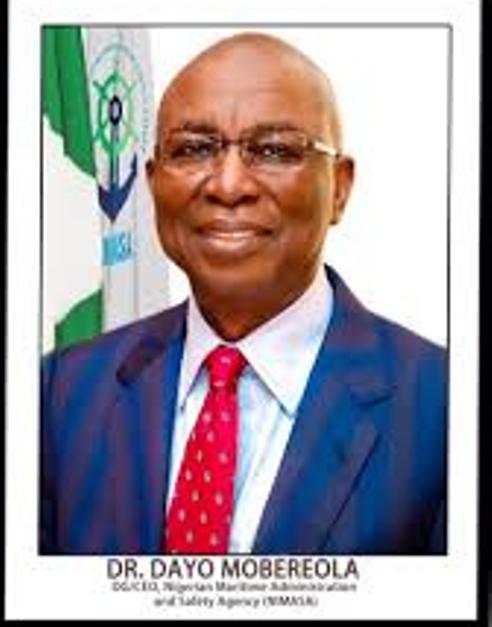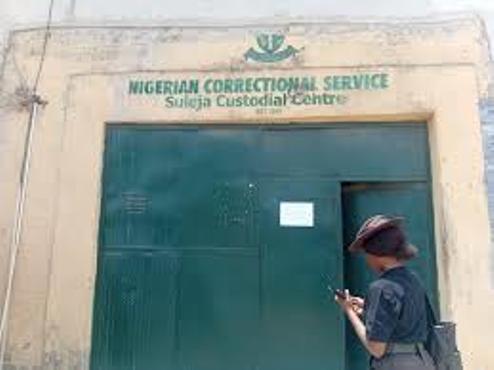
By Samuel Orovwuje
LAGOS OCTOBER 1ST (NEWSRANGERS)-Today, as we celebrate Nigeria’s 58th anniversary of independence from the perfidious British colonial administration and the hand down negative legacy of divide and rule politics, which has hindered our genuine quest for a true republic and the needs to constantly remind ourselves, as patriots that the challenges are enormous and daunting? The Agenda should be set aside, in an era of morbid nationalistic fantasies and the darkest moments of our democratic journey.
Attaining 58 years of freedom is indeed a significant milestone. Nonetheless, we have faced many challenges and problems in the past 58 years. We have had treacherous military coups, communal riots, pogroms, the Niger- Delta armed revolts, assassinations of prominent Nigerians and Heads of State, Boko haram terrorist violence and above all a long secessionist war(1966- 1970) that threatened to tear apart the country.
As Nigerians we must continues to instigate cross-cutting conversations that draw in multiple perspectives. This article offer a flexible narratives which explores progress and unpack the diverse challenges that persists or is emerging today in our nation – building efforts and the urgent need to restore hope to Nigerians and it is against this backdrop that this essay intends to focus reflectively on the recent past of post-independence Nigeria and ponder over its shaky and uncertain future while drawing extensively from best practice from other countries with similar colonial heritage.
Indeed exploring questions such as: How can the inclusive natures of citizenship is strengthened, without engendering exclusion? How do we break down the stigma and prejudice that feeds and excuses nationhood? How do we change the narrative of Nigeria as a true federation?
Over the past decade, Nigeria has blossomed both as a country and a people aimed at driving positive change. At the same time, citizenship and inclusion have come increasingly under threat from a multitude of religious and ethnic forces. Corruption, rule of law, Land tenure system, weak institutions, rising call of restructuring and resources control, are placing a severe strain on cohesive, equal and fair Nigerian state.
Curiously, realizing and protecting the right to Nigerian all is a growing challenge. Most Nigerians who are stripped of their livelihood outnumber persons who receive a fair share of the state resources. Deprivation of decent living is use as a political and national security tool, with little apparent consideration given to governance and development, and there is a growing incidence of impunity to target political opponents and human rights defenders.
Indeed, the recent crisis in the National Assembly is a stark reminder that can escalate to the collapse of democratic institutions and in the recent past in our national memories has been the telling of pain, poverty, brutality, murder, mass extinction, every form of venality and cyclical horror ever imagined in our nation building efforts.
While Nigeria’s post-independence record is certainly impressive to some analysts, what is saddening -and somewhat exasperating – is the realisation that we could have achieved much, much more but for political and economic mismanagement. Had our post-independence governments’ particularly the treacherous military regime led wisely, Nigeria could have been an economic powerhouse in Africa and indeed the world. Our political class -selfish and shortsighted – has through various acts of omission and commission reduced the country to a sorry state. Looking at the prevailing political and economic situation of today, it appears that no critical lessons have been learnt even after almost six decades of independence.
Furthermore, there can be no peace, stability and reconciliation as long as the political parties do not respect the rule of law and internal democracy. The future for many Nigerians seems gloomy and tedious. This despondency is commonplace. It is widespread; regardless of ethnic and political affiliation. The tragedy of independent Nigerians has been over centralization of power at the centre at the expense of the federating units and the hangover from military hegemony and their collaborators. Majority rule is a democratic principle. However, it has been interpreted, as the majority of the numerically largest ethnicity and their manipulators in high place without the love for country!
Attempts to define Nigeria as a modern Nation State has led to ethnic conflict and strife particularly the civil war (1966- 1970). The idea of Nigeria was a colonial construct and its negative manifestations still look intently us at the face. The British unified the country into a single administration. Nigeria was not the only one in this respect. However, most countries have moved on! India and Sri Lanka with same political trajectory like Nigeria have reduced and managed ethnic tensions by evolving new forms of power sharing. They have reinvented themselves as ‘new’ nations based on equality and forged a strong sense of common identity and nationalism that has glue them together. Power should not be confined to Abuja (Aso Rock) but shared with the states and local government in a manner that is beyond the monthly revenue sharing.
Sadly, the idea of the Nigerian nation has been under severe threat. In reality, we are a divided nation today and the current self- centered elite domination in itself is no answer to our nation transformation drive. If we are to resolve these divisions and create a strong nation because of equitable power sharing, the structure of the Nigerian state needs to be radically transformed. There is no consensus in the horizon!
Going forward, what is required now is the creation of a just, egalitarian and plural society. There must be equitable power and resources sharing based on principles of devolution and true federalism. The potential solution is a contest between visionary and authentic leadership on the one hand and on the hand, mediocrity and nepotism, which has been the bane of Nation – building efforts.
In spite of the adverse political environment, is the Nigerian vision that should ultimately triumph? Visionary leadership is an endangered species. They are under attack by hawks on either side of the ethnic and political divide.
Broadly, speaking the blight of contestation has been clashing, namely hegemonies, secessionism and resources control. Indeed the future lies not in pursuing unrealistic political goals but a select few but in struggling together as people seeking justice and peace to forge a brave, new, inclusive nation. At 58, it is up to the right-thinking elite and the emerging political upstarts to extend their hands of friendship in a spirit of unusual fraternal goodwill towards like-minded Nigerians to retool the Nigerian dream.
In the clash of existential ideology, the superior one will triumph. Conversations, dialogue and discussions, not the current bloodshed and destruction, will prove to be final arbiters of our common destinies. The current situation is gloomy but there is certainly a light at the end of the dark tunnel.
In the final analysis, the unity and integrity of our nation do not depend on its empty political strength or structures of governance but on the will of its people. The Nigerian State needs to be re-structured and the nation re-invented for its inevitable assignation with destiny. Therefore, Nigeria at 58 faces the unfinished yet challenging task of building a NEW NIGERIA.The time is now!
Orovwuje Founder Of Humanitarian Care for Displaced Persons writes from Lagos.
Nigeria at 58: Reflections On Pitfalls And Prospects For A New Republic

